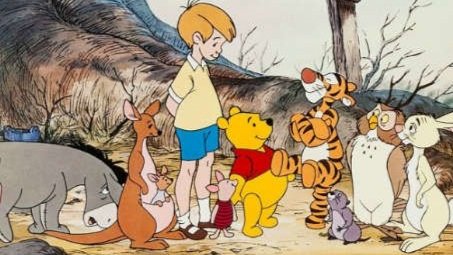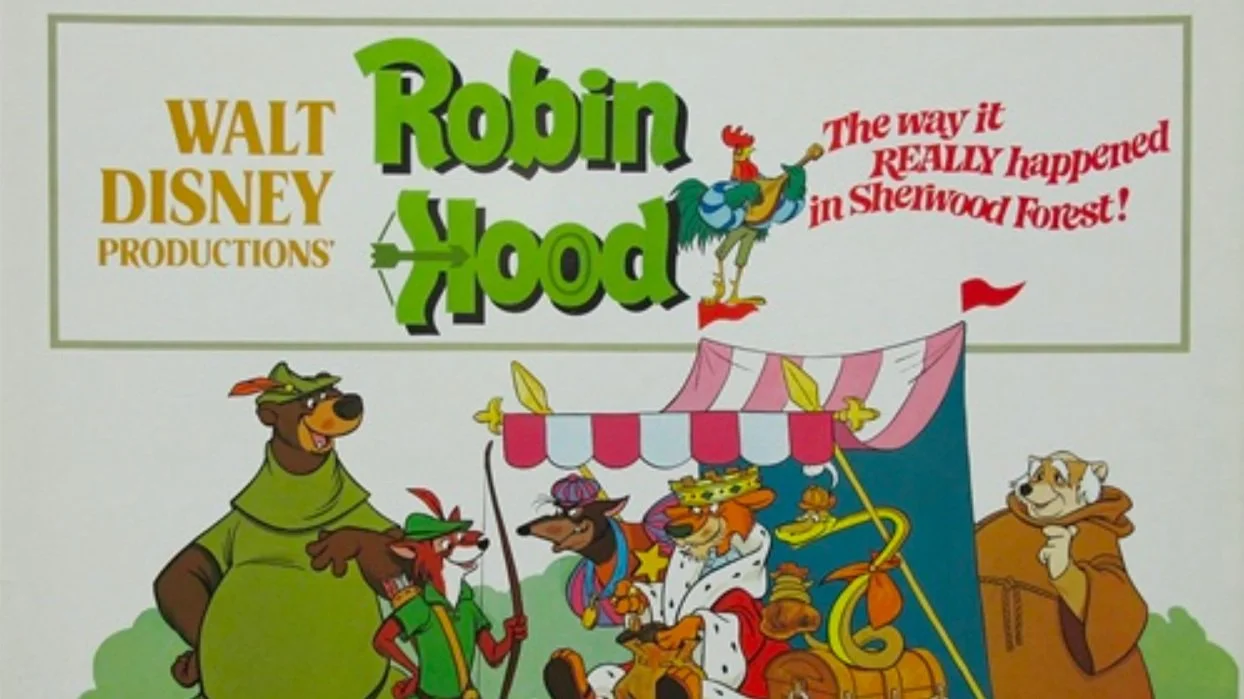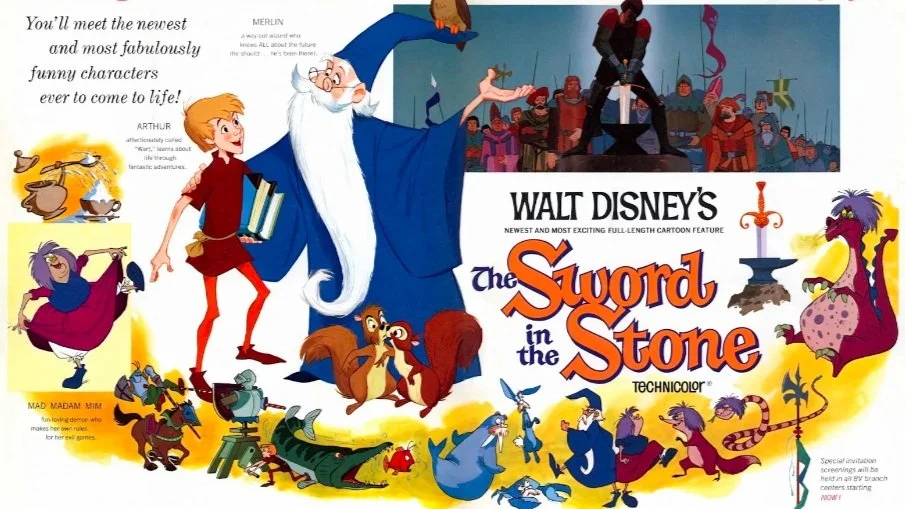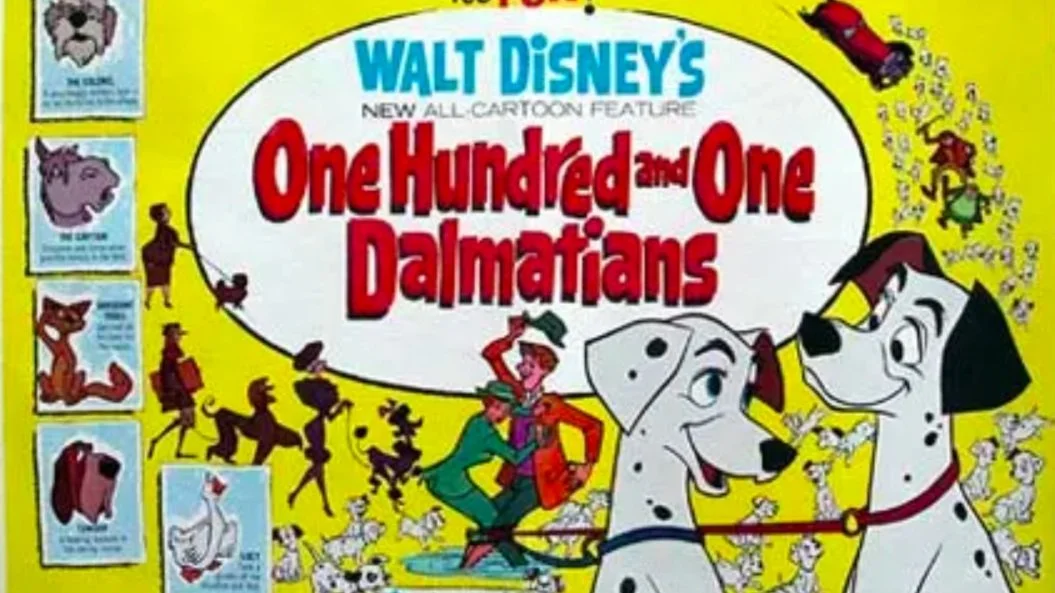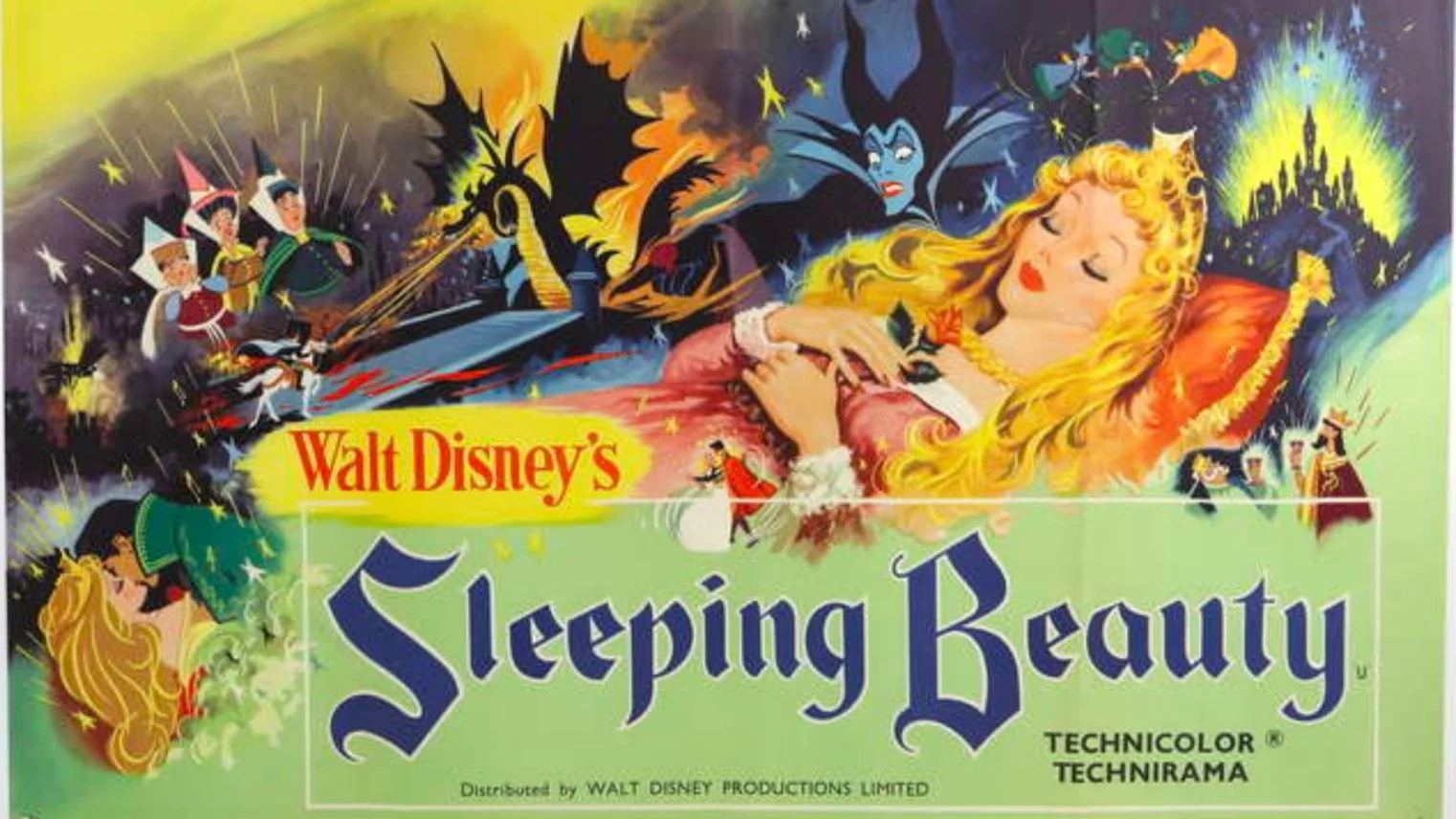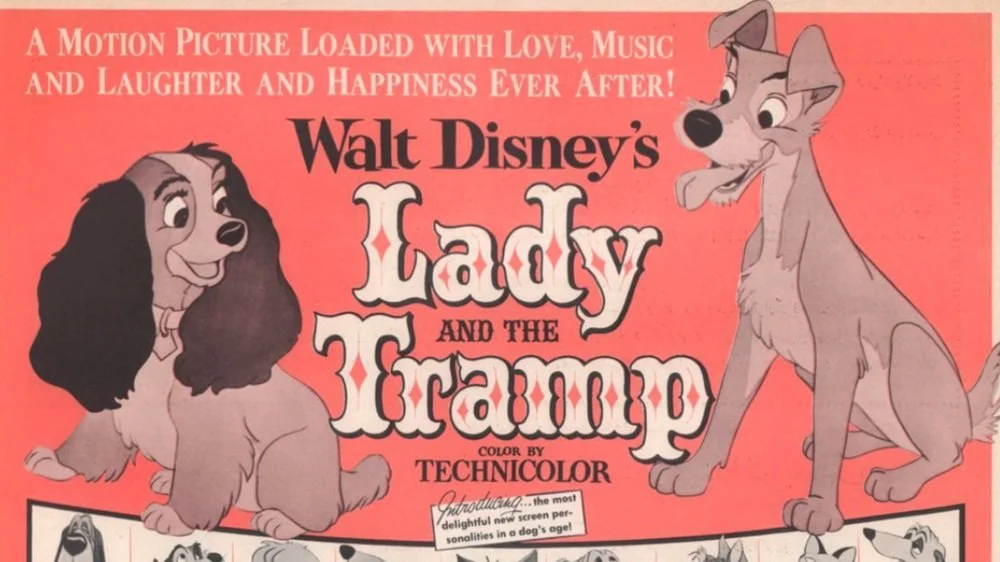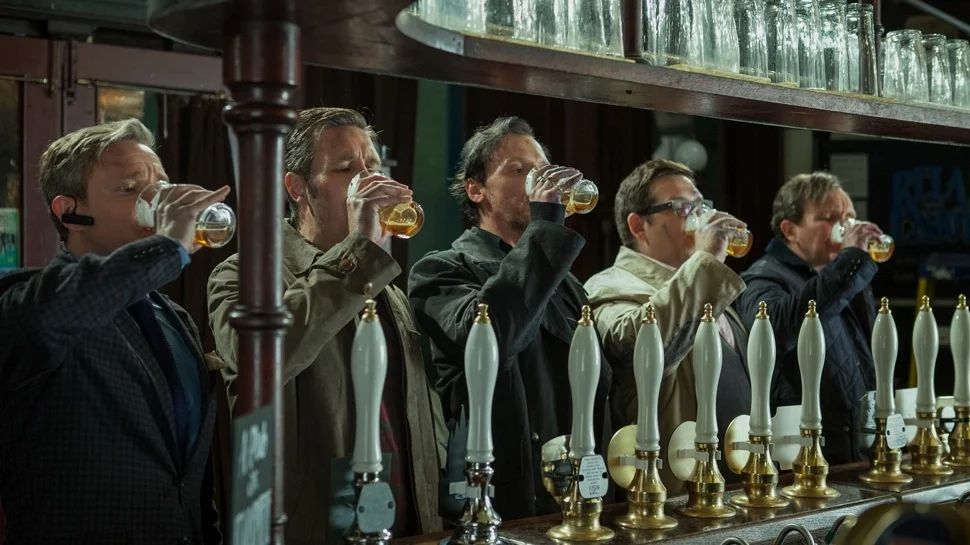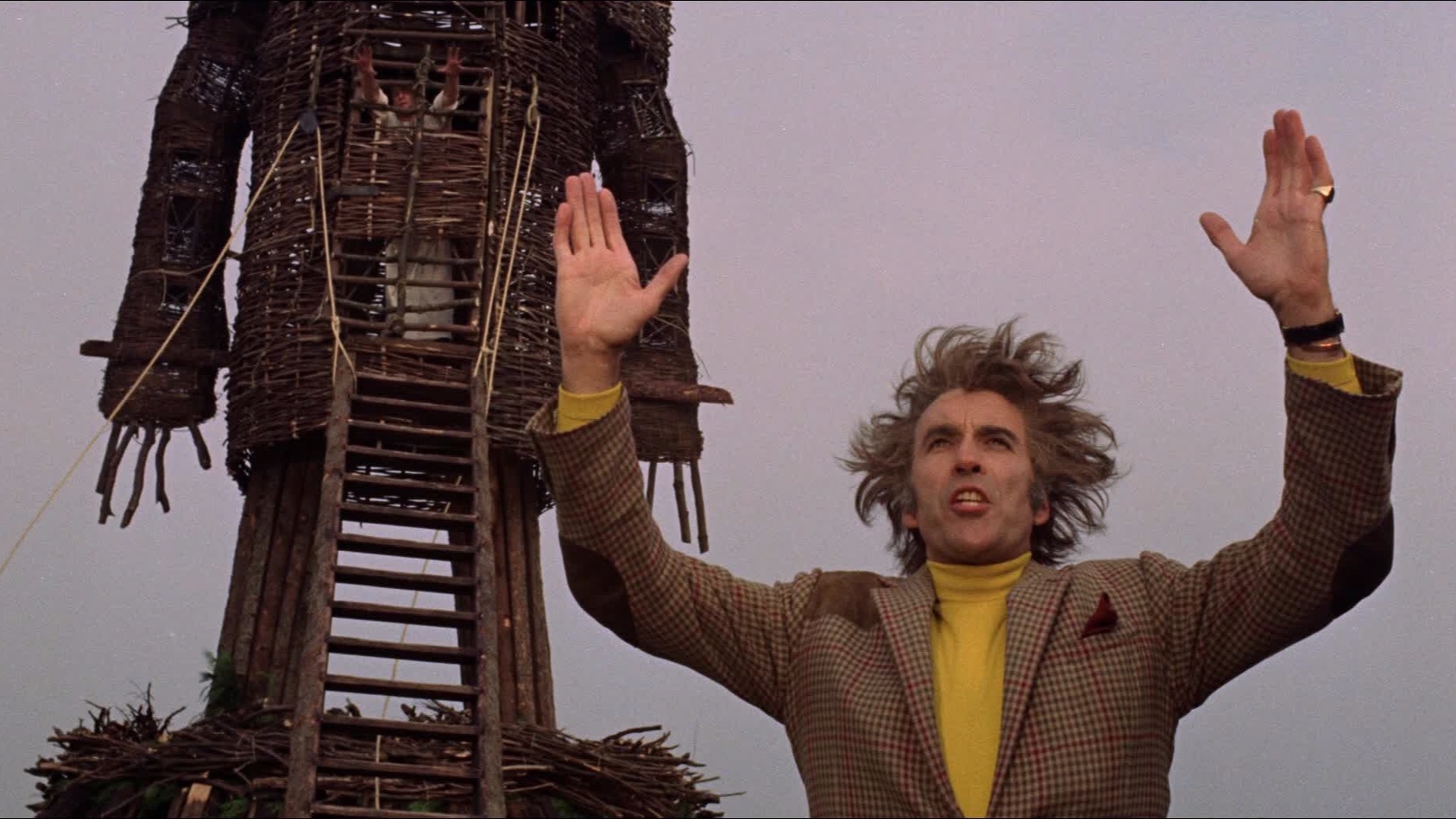Reel Pride: Ek Ladki Ko Dekha Toh Aisa Laga (2019)
Hindi cinema, like film industries around the world, is slow in achieving progress when it comes to queer representation. Queer characters often are the butt of the joke, or paper-thin supporting characters. Things are changing however, even in mainstream Bollywood films. Shelly Chopra Dhar’s debut film Ek Ladki Ko Dekha Toh Aisa Laga (“How I Felt When I Saw That Girl”) is groundbreaking for being the first mainstream Bollywood movie with a lesbian protagonist. Ek Ladki resonated with many queer South Asians, including myself, who struggled with coming out of the closet and learning to accept themselves. Not only is it an important film, thankfully it’s also highly entertaining and well-crafted.
Sweety (Sonam Kapoor) is a meek young woman living in Moga, Punjab. Her father Balbir (Bollywood veteran Anil Kapoor, Sonam’s real life father) is pressuring her to get married, while her brother Babloo (Abhishek Duhan) suspects she is secretly in a relationship with someone in New Delhi. Through a chance encounter, Sweety meets struggling playwright Sahil (Rajkummar Rao) and reveals her secret to him: she is actually in love with another woman, Kuhu (Regina Cassandra). Sahil devises a plan to unite Sweety and Kuhu, and help Sweety find acceptance within her family. Along with the eccentric but modern actress Chatro (the legendary Juhi Chawla, who has been in several indie queer films), Sahil produces a play that will hopefully change the way people think about what’s normal.
I have seen many queer films and have found a lot of comfort in them. But I was not prepared for the way seeing Indian people grapple with coming out and finding acceptance would move me. Ek Ladki captures the isolation of being in the South Asian closet. Sweety articulates the big questions I’ve had all my life: Why does everyone have a one-track mind of what life can be like? By exactly whose definition is she abnormal? What is normal? Why was she made this way? Why couldn’t she be like everyone else? Even if everything is acceptable, is this the one thing that’s not acceptable? These are, of course, issues that come up in most coming out stories. But to hear it coming from another brown person? To see it within a movie from the most important movie industry of my life? I could barely make it through this film without crying, I felt so seen. I can’t pretend that I’m coming from a society as oppressive as Sweety’s. But Ek Ladki hit me in a way that most coming out stories about white boys don’t.
A lot of that has to do with Anil Kapoor. Growing up, he was my favorite actor and is now still. I even called myself Manish “Anil Kapoor” Mathur for a time. I love the guy, and thankfully he has lived up to that off-screen. The movie is named after one of Anil Kapoor’s most popular songs, and it means something that a celebrated movie star is attaching himself to this movie so strongly. Watching one of my favorite actors talk about acceptance and that love is love was so powerful for me. I honestly wasn’t prepared for how much his climactic monologue would affect me, even on rewatch. Initially Balbir struggles with Sweety coming out, but he reckons with the ways he didn’t hear her and how she’s still his daughter even if he can’t understand her. Sweety doesn’t blame her father or feel any resentment towards him, which is something that resonates with me as well. Balbir is a good, but rather old-school father, and the way he accepts Sweety is authentic and heartfelt.
Beyond all that…Ek Ladki is a charming, cleverly made film. By centering the film on a play, Dhar and screenwriter Gazal Dhaliwal predict a negative reaction to the film. Throughout the play’s climactic performance, disgusted audience members leave, cover their kids’ eyes, or heckle the actors onstage. It’s a meta depiction of what could possibly be happening within the auditoriums showing the movie. It’s a smart way to force the audience to confront their own biases against the film. Disheartening as that is, however, Dhar continually cuts to a young girl watching the play, possibly a young queer tween herself. While a hundred people might walk out, if this play reaches one person then it is all worth it. Again, that is mirroring the film’s real life audience.
Ek Ladki is populated by colorful supporting characters, and so the movie is pleasant and lively. The highlight is, of course, Juhi Chawla, whose Chatro slings off punchlines with ease, but also provides Balbir with some needed guidance about letting his kids live their own lives. Kuhu, as the love interest, is more a symbol than a real character. But that’s fine as Regina Cassandra is a relaxing presence in the movie. Abhishek Duhan is hard to watch, as he vocalizes common homophobia within Indian culture. Surprisingly, the film doesn’t resolve this too neatly. Rajkummar Rao plays a perfect ally, who does what he can to help his new friend. Sonam Kapoor’s performance as Sweety is mostly soft and quiet, and she captures the interiority of someone who can’t quite break free.
Ek Ladki was a modest hit. The true impact of the film remains to be seen, but I hope it will leave a mark on the industry and South Asian culture as a whole. It’s already a victory for representation with its onscreen queer representation, female director, and the screenwriter being a trans woman. Even though it does not shy away from the seriousness of the story, Ek Ladki is beautifully, refreshingly, uplifting, and light. I sincerely hope it becomes a touchstone for young queer people in the future
Ek Ladki Ko Dekha Toh Aisa Laga is currently streaming on Netflix.





